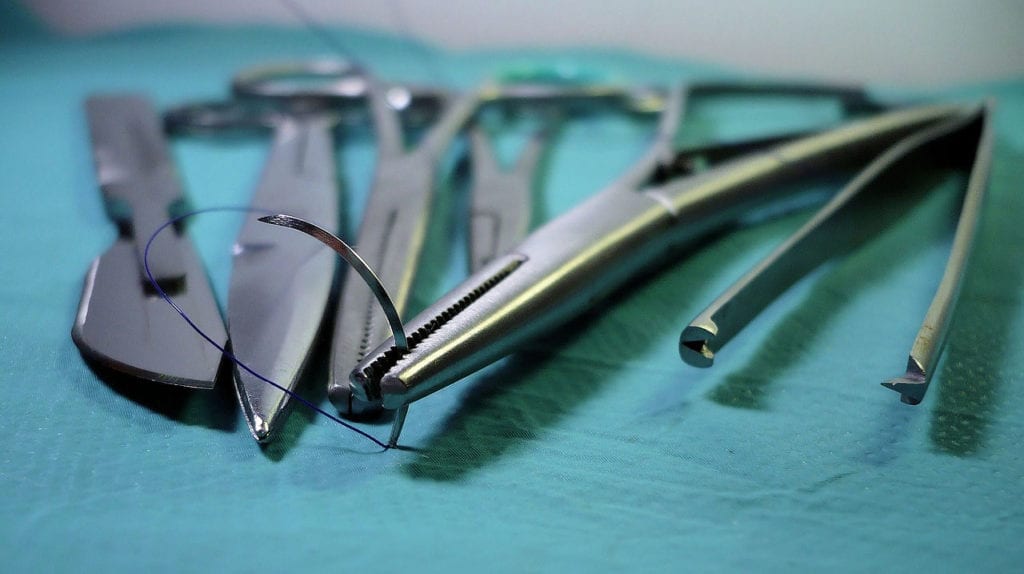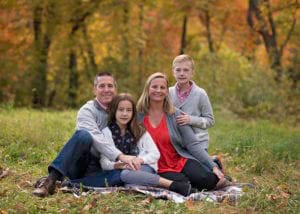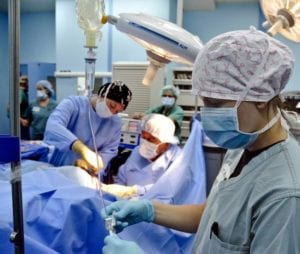When she was an infant, Phoenix Radziwon was diagnosed with Down syndrome. However, her family has — over more recent years — learned that her Down syndrome diagnosis may go hand-in-hand with other health issues as part of her larger diagnosis: Moyamoya disease. In fact, the Global Down Syndrome Foundation shared that people with Down syndrome are up to 26x more likely to have Moyamoya disease.
Phoenix’s diagnosis came after she had a large stroke; later, more tests showed that Phoenix had had multiple smaller strokes as well. Her mother, Johanna Hirons, took Phoenix to the hospital in search of help. Doctors determined that Phoenix, now 12 years old, needed surgery to reroute an artery and increase blood flow to the brain.
However, due to the COVID-19 pandemic and the increasing spate of respiratory illness on a global level, hospitals have experienced difficulties with staffing, scheduling, and logistical operations. As a result of over-full hospitals, Phoenix’s surgery was rescheduled…the morning it was supposed to happen. The surgery was later rescheduled but similarly canceled, this time on the afternoon before, as there were not enough available beds.
Her family feels stressed out and unsettled. Says Hirons, getting Phoenix prepared for this kind of surgery takes time — and the family feels as though they need to start at the beginning with every rescheduled surgery. Additionally, after this most recent cancellation, the surgery has yet to be rescheduled at all. Hirons hopes that the hospital soon reschedules Phoenix’s surgery to help reduce the risk of Moyamoya-associated strokes.
This story was originally reported by CBC News.
An Overview of Moyamoya Disease
Moyamoya disease is a rare and progressive blood vessel disorder that affects the internal carotid artery in the brain. The artery becomes blocked or narrowed, reducing blood flow. A tiny cluster of blood vessels forms at the base of the brain in an attempt to improve blood flow. In Japanese, “moyamoya” means “puff of smoke;” this is a reference to how those blood vessel clusters appear. Females, those of Asian descent, and people between ages 10-14 or over 40 are most likely to develop Moyamoya disease.
Symptoms and characteristics of Moyamoya disease can, but do not always, include:
- Headache
- Developmental delays
- Cognitive decline
- Involuntary movements
- Difficulty thinking or remembering
- Visual disturbances
- Often unilateral numbness or paralysis of the face, arm, or leg
- Transient ischemic attacks (TIAs – ministrokes)
- Hemorrhagic stroke
- Seizures
- General fatigue and weakness
- Aphasia (difficulties speaking or understanding others)
- Strokes
Treatment options include blood thinners, anti-seizure medications, calcium antagonists, and revascularization surgery.





